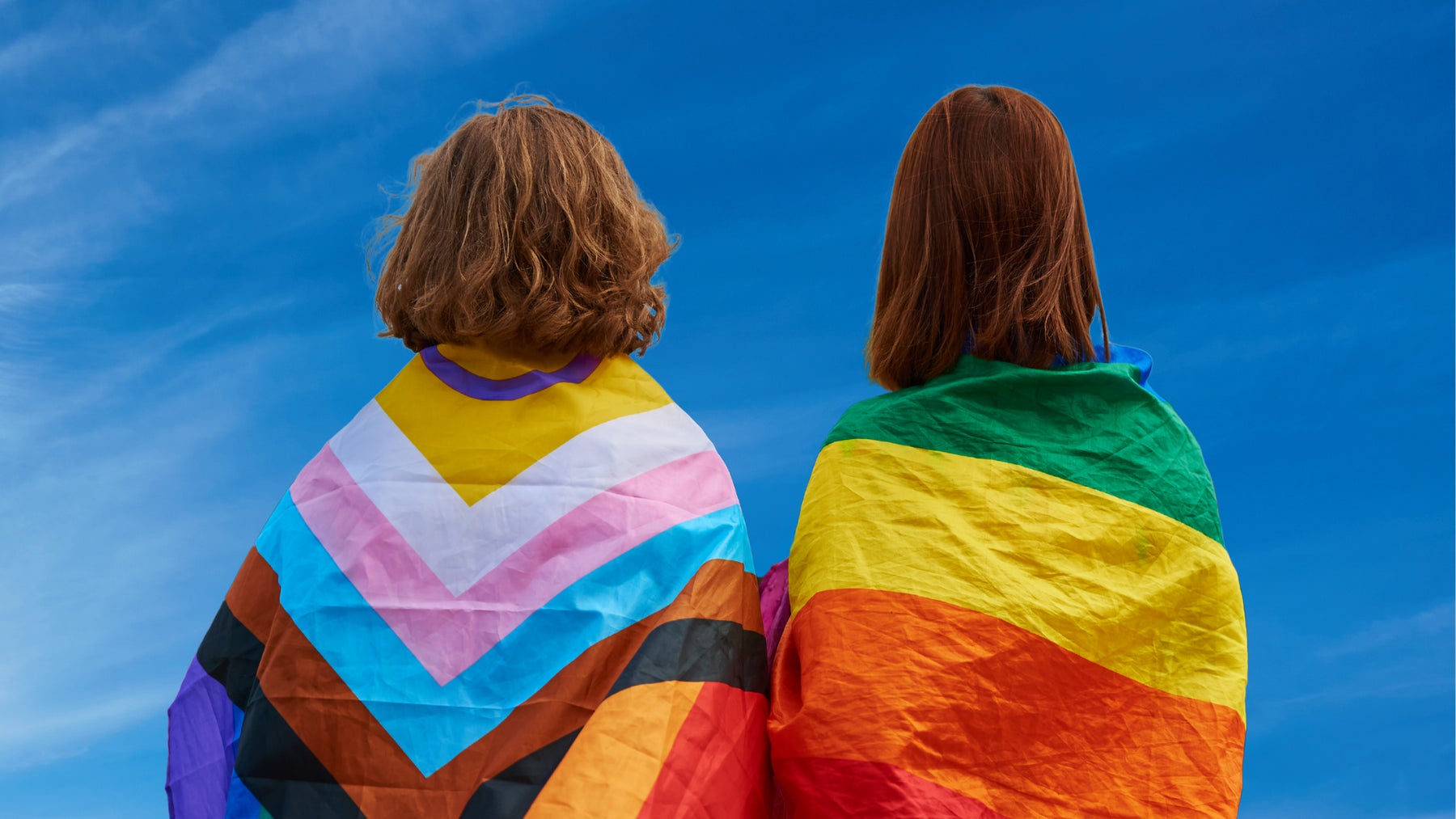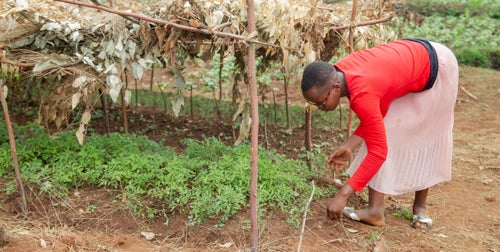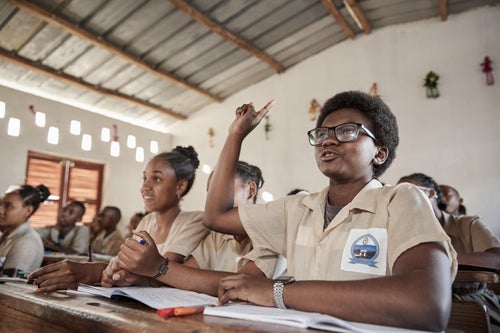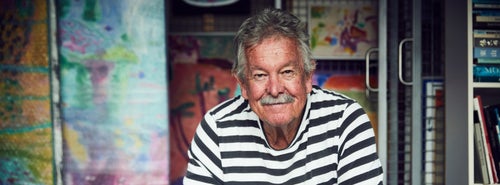Vandita’s experience navigating the world as a queer young person in India was complex and isolating. Growing up, she didn’t have the support of adults around her that knew what she was experiencing or how to help her understand herself better.
Fast forward a few years and she now realises that her experience was common to many other children and young people in her peer group. Almost every LGBTIQA+ person she met has faced isolation, stigma, bullying and harassment, some even from within their own families.
It is not surprising that the mental health of LGBTIQA+ children and youth is often low – put at risk by insensitivity, prejudice and oppressive structures that deny their human rights.
One Future Collective, the organization Vandita founded, works with young LGBTIQA+ persons, across India, to develop their knowledge and advocacy skills. They provide safe spaces and mental health support, including support from experiences within families that have left children feeling that they are not deserving of love and care.
As LGBTIQA+ children can face discrimination and marginalisation in many areas of their lives, support from family members can play a crucial and transformative role in improving their wellbeing. This support can be as simple as affirming children’s identity and accepting them as they are.
There are many ways in which you can support your children and provide a safe space for them, including:
- Learning what your child needs by listening to them to better understand their experiences and concerns and engage in an open dialogue.
- Making efforts to learn about the unique joys and challenges that LGBTIQA+ children and young people face.
- Seeking peer support and reaching out to communities of other parents who have LGBTIQA+ children to better understand and discuss your experiences.
- Advocating for LBGTIQA+ issues by initiating conversations with family and the community.
- Taking a stand for your children when it’s needed, whether at school, in a family setting, or even in a public space. It's important that they see you not only accept them in private but that you do so publicly.
Advice for Policymakers
Policymakers and decision makers can also make a difference in the lives of LGBTIQA+ children and young people. It is important to:
- Prioritize the safety and mental well-being of LGBTIQA+ children and young people
- Build knowledge about LGBTIQA+ identities through outreach to families, communities and in school curriculums
Improving the mental health and well-being of children and young people requires policy-level and structural changes. But they also need parents and families who understand them, educators who accept them, and peers who respect them.
Republished from On My Mind: How adolescents experience and perceive mental health around the world – a companion report to the State of the World's Children 2021
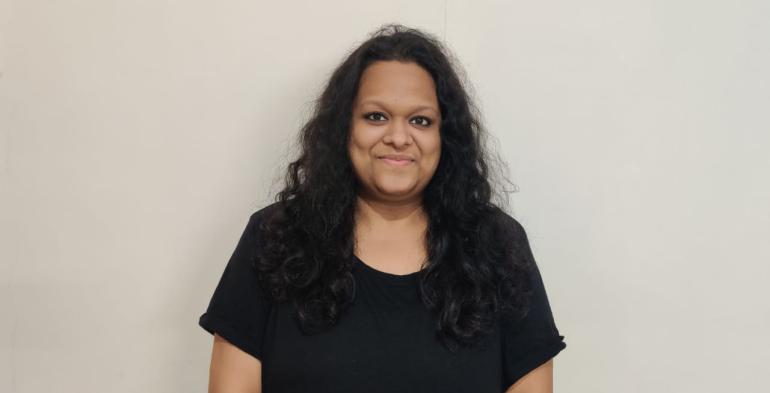
Vandita Morarka
Vandita Morarka is the founder and CEO of One Future Collective, a feminist non-profit dedicated to inclusive social justice and compassionate youth leadership. Vandita is a human rights lawyer, feminist researcher and rights-based consultant whose work has impacted over 2 million lives.
Related articles
Stay up-to-date on UNICEF's work in Australia and around the world



